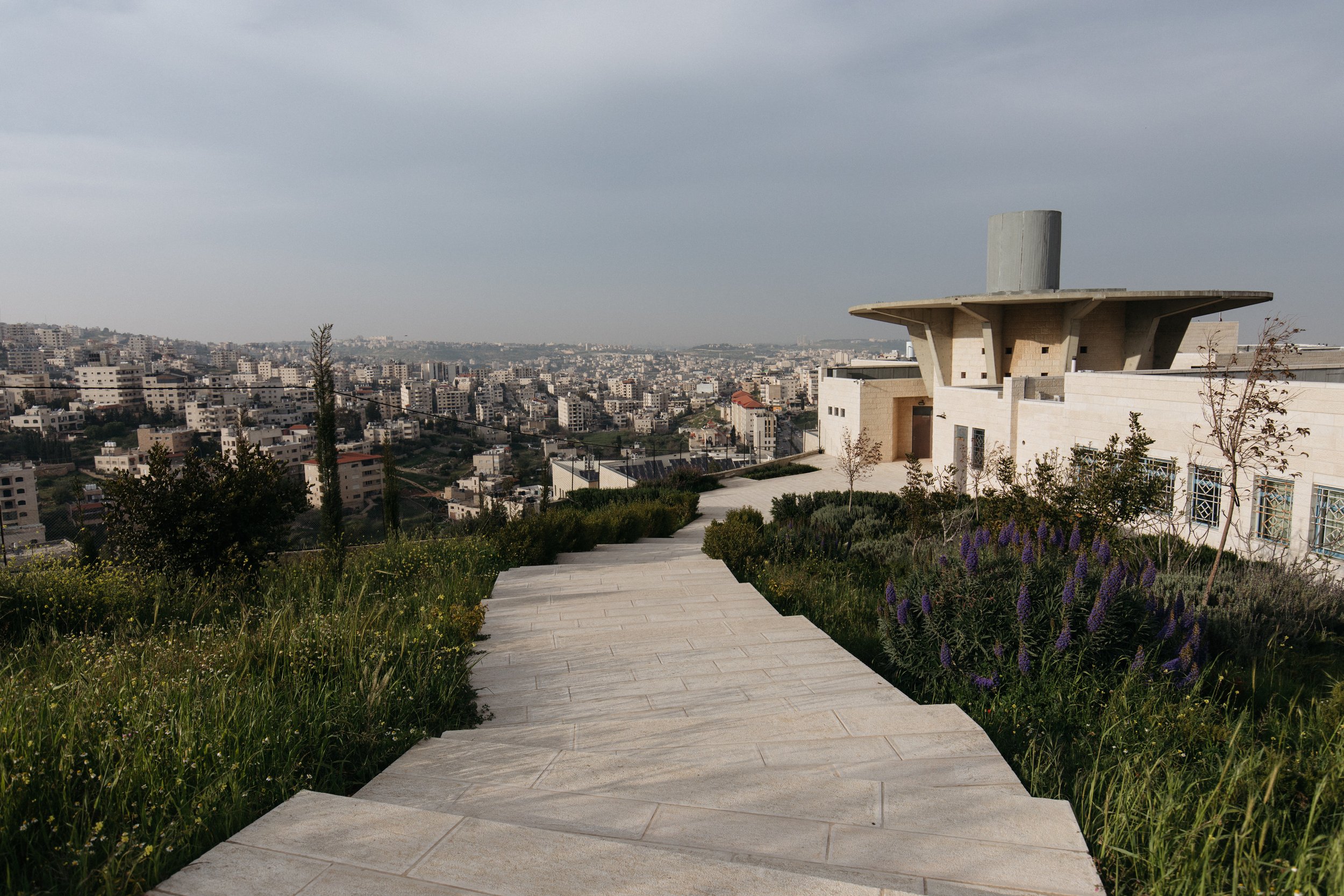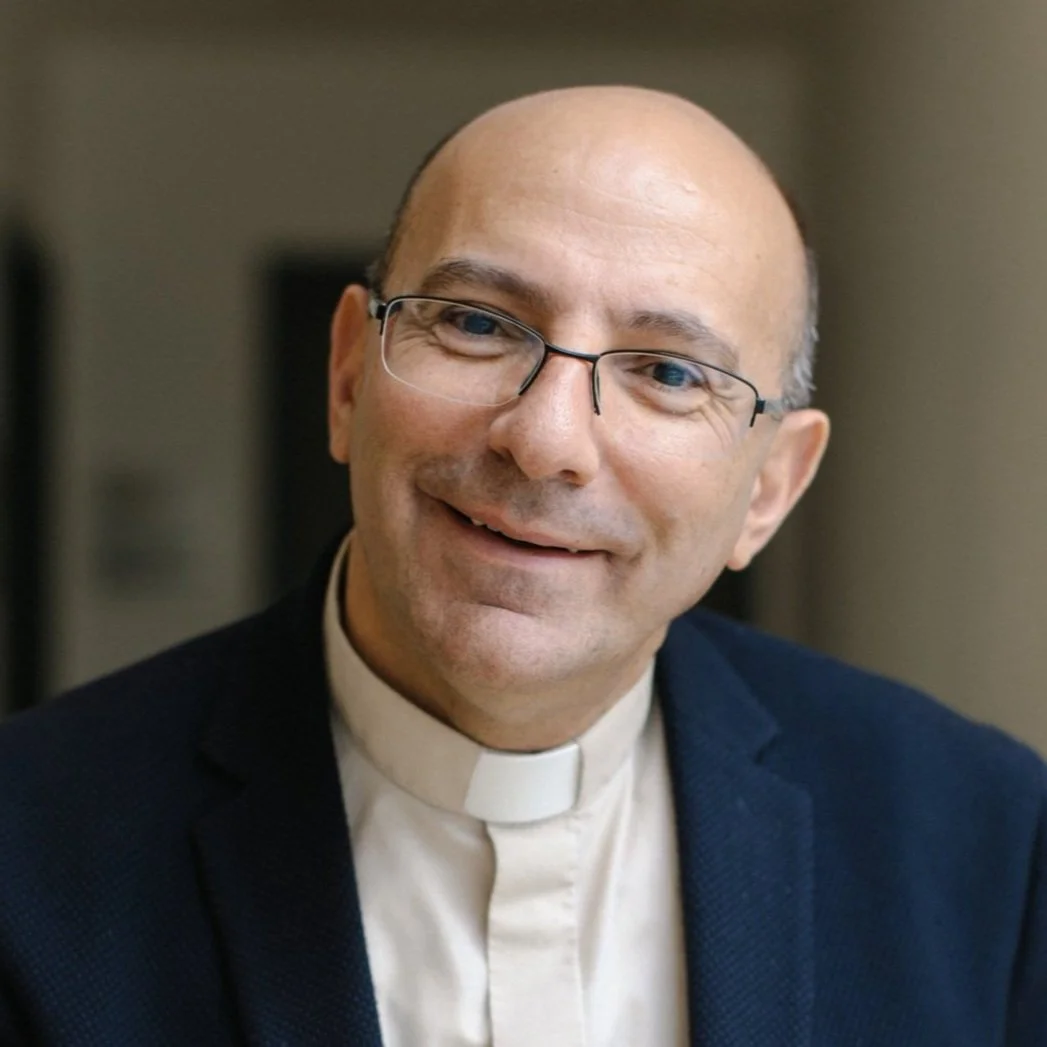
Bright Stars of Bethlehem raises awareness and support for Dar al-Kalima University, the first and only university for arts, culture, and design in all of Palestine. Bright Stars is a 501c3 nonprofit organization born out of the vision of Rev. Dr. Mitri Raheb and his outreach ministry in Bethlehem in the mid-90s. The desire to help the people of Palestine flourish and have life in abundance has gained supporters around the US. Rev. Raheb, with key US supporters, created an independent U.S.-based nonprofit organization founding Bright Stars of Bethlehem in 2004.

Our Brief History
In 1995, Rev. Dr. Mitri Raheb launched educational, arts, and healthcare programs at the Evangelical Lutheran Christmas Church, his congregation in Bethlehem, Palestine. He also began meeting with pilgrimage tours to promote cultural and spiritual exchange, guiding pilgrims to areas in the West Bank that are often overlooked by organized tours. The success of these programs attracted the attention of several supporters in the U.S., including Rich Bimler and Gregg Smith from Wheat Ridge Ministries (now known as We Raise) and the well-known author and poet, Herb Brokering. Working together with Rev. Raheb, they founded an independent U.S.-based nonprofit organization, which was established in 2004 under the name Bright Stars of Bethlehem.
By 2006, Dar al-Kalima University (DAK) was established. DAK was the first institution of higher education in Palestine solely dedicated to the arts. Its first class of 22 students graduated in 2008, and now there are more than 500 students enrolled. Bright Stars accomplishes its mission through scholarships and the construction of new facilities to help Dar al-Kalima meet the ongoing need for education and employment training in Palestine. In this way, we empower the next generation of creative leaders in Palestine.
“When everything around you is falling apart, culture keeps you sane. Culture keeps going. Culture empowers you with new vision and strength to continue and to excel in spite of everything.”
- Rev. Dr. Mitri Raheb


